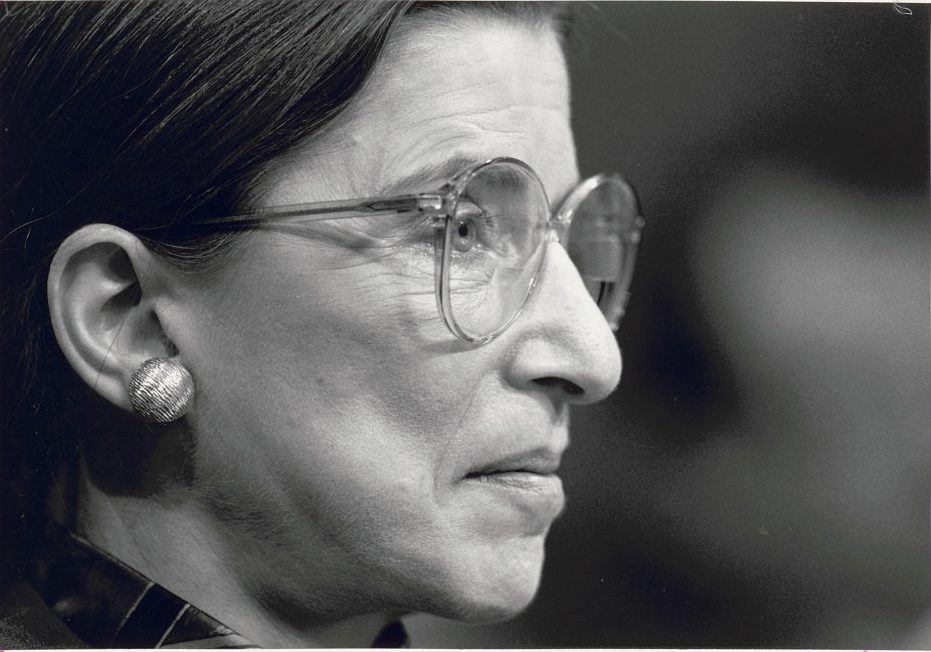The passing of Supreme Court Justice Ruth Bader Ginsburg on Friday, after a battle with pancreatic cancer, came at a moment when both political parties are gearing up for an election that each hopes will cement its vision for years to come.
While Texas Democrats appeared to be on the verge of achieving historic political change, suddenly, many Texas Republicans now see some of their long-term goals within reach. The potential for a six-justice conservative majority on the high court comes at a time when issues including a Texas-led fight to eliminate the Affordable Care Act, abortion access, immigration policy, civil rights and more will all likely be on the docket during the next court term.
Meg Penrose is a professor of law at Texas A&M University Law School in Fort Worth. She told Texas Standard that Ginsburg was a trailblazer on the Court and in her life as an attorney before she took the bench.
“Justice Ginsburg cleared the path for so many women to be able to teach in law schools,” Penrose said. “She was the first female to be tenured at Columbia Law School. So [now,] when individuals like myself are facing tenure and preparing, it’s more of a personal challenge than an institutional challenge.”
Penrose said its unclear how and when Ginsburg’s passing will affect cases that are expected to come before the court in the coming term. Hearings could be scheduled before or after a new justice is confirmed, she said. The court could could even rehear a case after that justice begins their appointment.
“We’re a little over a month-and-a-half away from an election, but even when the election ends, regardless of the outcome, you’re going to have a lame duck congressional session from roughly November to January,” Penrose said.
That timing, and the results of the election, could affect when a new justice is seated on the court, and at what political moment that happens.
“Much like the Obamacare – the affordable health care case – I think with DACA, it really depends on the direction of the country, and all of that hinges on this election,” she said.
Penrose said Roe v. Wade, the 1973 case that affirmed a woman’s legal right to an abortion, could be at risk if President Donald Trump is able to appoint a successor to Ginsburg. But, she said, the breadth of that decision has already been narrowed by more than four decades of court cases and state laws aimed at limiting abortion rights.
“I think Roe v. Wade is often misunderstood as thinking there is this complete, absolute right to abortion, and it’s never been true,” she said. “There have always been limitations on the procedure itself, and the timing of the procedure.”
Trump’s leading candidates to replace Ginsburg are federal judges Amy Coney Barrett and Barbara Lagoa, both of whom Trump appointed to their current positions.
Penrose said Barrett has the edge in some circles because she is “predictably conservative.” Barrett has spoken about the need to overturn Roe v. Wade.
Lagoa, a Cuban American from Florida, is also a conservative, but does not have the same judicial paper trail Barrett does, Penrose said.
“When the two were confirmed … Judge Lagoa had far more bipartisan support,” she said.
















